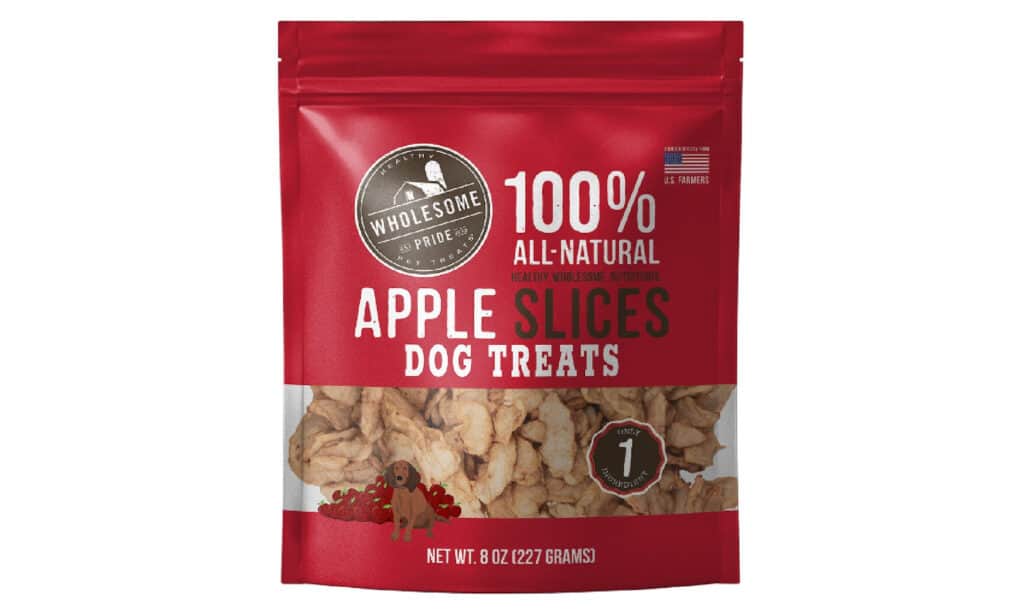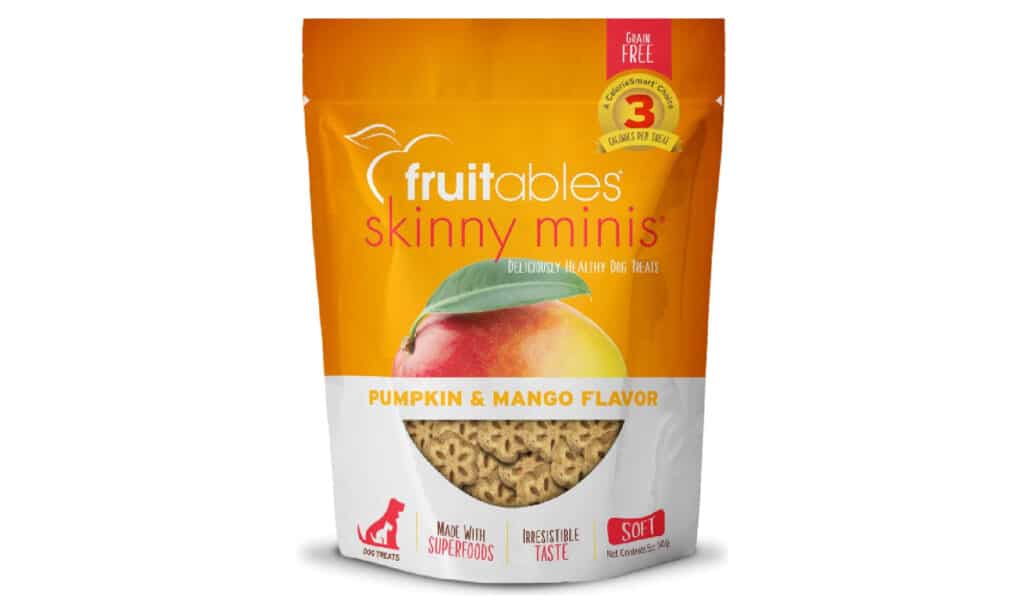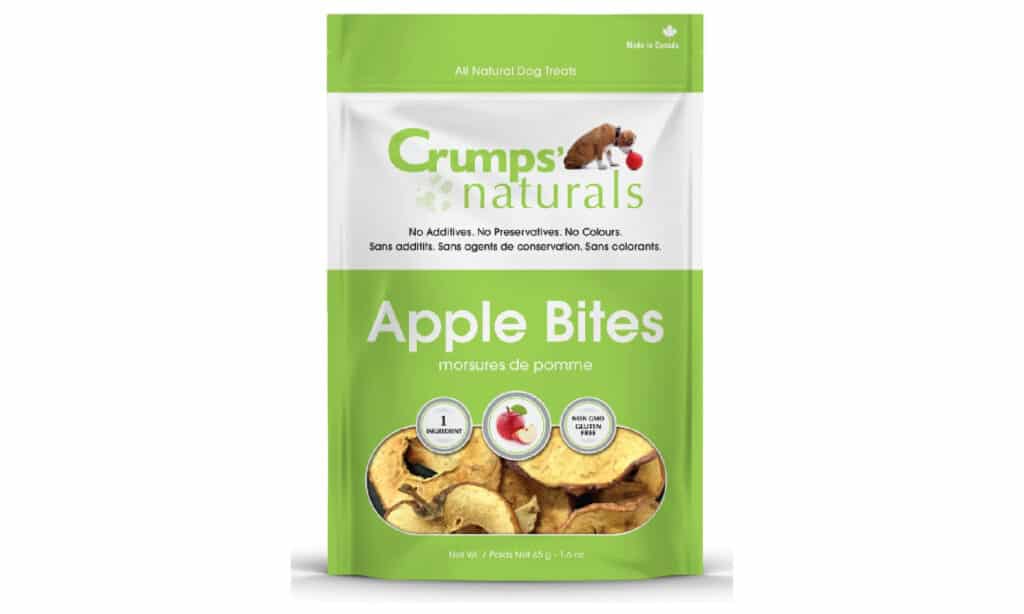As dog owners, we always want to provide our furry friends with the best possible care and nutrition. However, with so many conflicting opinions and information out there, it can be challenging to know what is safe and healthy for our dogs to eat. One such ingredient that often raises questions is cloves. Used for centuries in human cooking and medicinal practices, cloves have several potential benefits. But can dogs safely consume this spice? In this blog, we’ll dive into the topic of whether or not dogs can have cloves and what precautions to take if you choose to incorporate them into your pet’s diet.
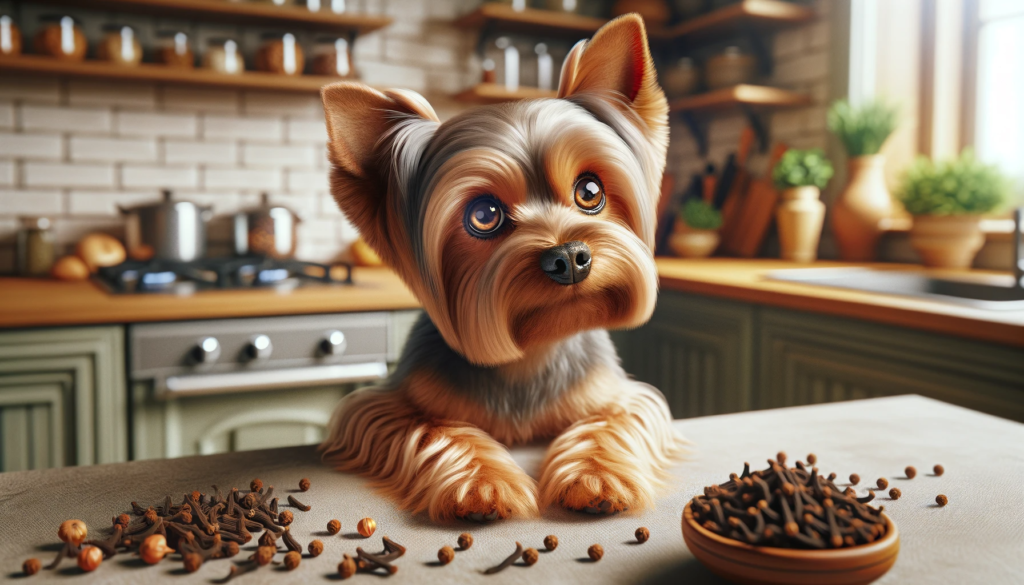
What Are Cloves?
Cloves are a type of aromatic spice that is commonly used in cooking and medicinal practices around the world. They are derived from the dried flower buds of the clove tree, which is native to Indonesia but now grown in several countries. Cloves have a strong, sweet, and slightly bitter flavor, which makes them a popular ingredient in various cuisines. They are also known for their potential health benefits, including their ability to reduce inflammation, improve digestion, and relieve pain. Overall, cloves are a versatile spice that can add both flavor and potential health benefits to a wide range of dishes.
Can Dogs Eat Cloves?
When it comes to the question of whether or not dogs can eat cloves, there is no straightforward answer. While cloves themselves are not toxic to dogs, they can pose a risk if consumed in large amounts. Eugenol in cloves can cause vomiting, diarrhea, and abdominal pain in dogs. Additionally, the essential oil of cloves can be toxic to dogs and should be avoided altogether.
That being said, in small amounts, cloves can be beneficial for dogs. Some pet owners use cloves as a natural remedy for canine dental health, as the eugenol can help to soothe toothaches and reduce inflammation in the gums. However, it is essential to use cloves in moderation and under the guidance of a veterinarian.
If you do decide to incorporate cloves into your dog’s diet, it is important to do so gradually and to monitor your dog for any adverse reactions. Consult a vet before giving new foods/supplements to your dog for their safety and appropriateness.
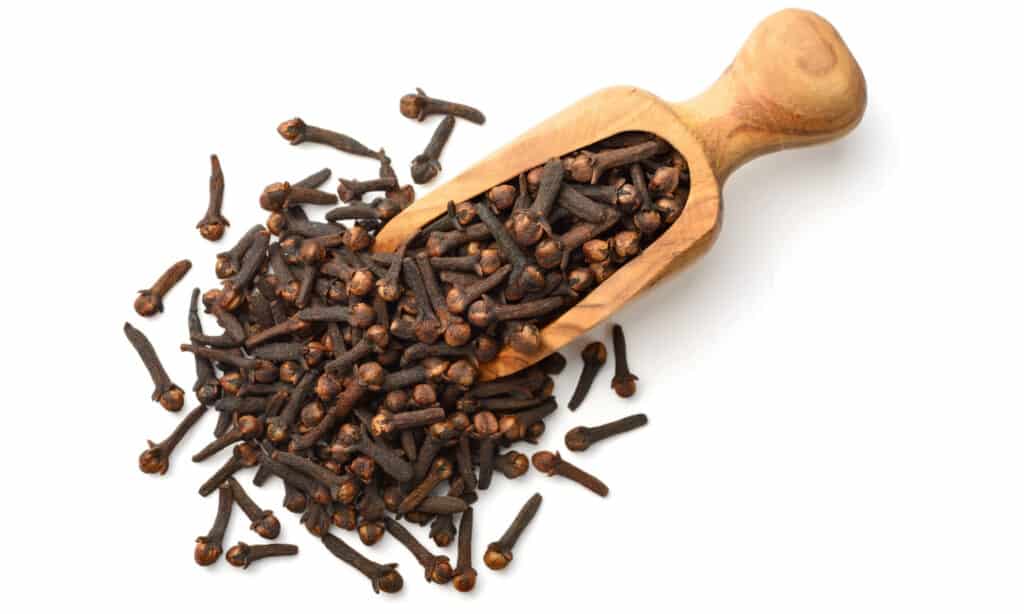
What Signs To Watch For If Your Dog Accidentally Ate A Lot of Cloves?
If your dog accidentally eats a large amount of cloves, there are several signs to watch for that may indicate an adverse reaction. The high concentration of eugenol in cloves can cause irritation and inflammation in the mouth, throat, stomach, and intestines, leading to the following symptoms:
- Vomiting
- Diarrhea
- Abdominal pain and discomfort
- Loss of appetite
- Excessive drooling or pawing at the mouth
- Lethargy or weakness
- Rapid breathing or difficulty breathing
- Changes in behavior, such as restlessness or agitation
If you notice any of these symptoms after your dog has ingested cloves, it is important to contact your veterinarian immediately. In severe cases, ingesting a large amount of cloves can lead to more serious health issues, such as liver damage, seizures, or even death. Acting quickly reduces risks and ensures the best outcome for your dog’s health.
When or If You Should Go To The Vet?
If you suspect that your dog has ingested a large amount of cloves or is showing any signs of an adverse reaction, it is important to contact your veterinarian right away. Large amounts of eugenol in cloves can irritate and inflame the digestive system
Your veterinarian may recommend bringing your dog in for an examination to assess their condition and determine the appropriate course of treatment. Treatment may include fluid therapy and medication for pain and inflammation, depending on symptoms and amount ingested.
In severe cases, hospitalization may be necessary to monitor your dog’s condition and provide more intensive care. Your veterinarian may also perform diagnostic tests, such as blood work or X-rays, to check for any underlying health issues or complications.
In general, it is always better to err on the side of caution and seek veterinary care if you have any concerns about your dog’s health. Quick treatment helps dogs recover from clove ingestion and resume normal activities.
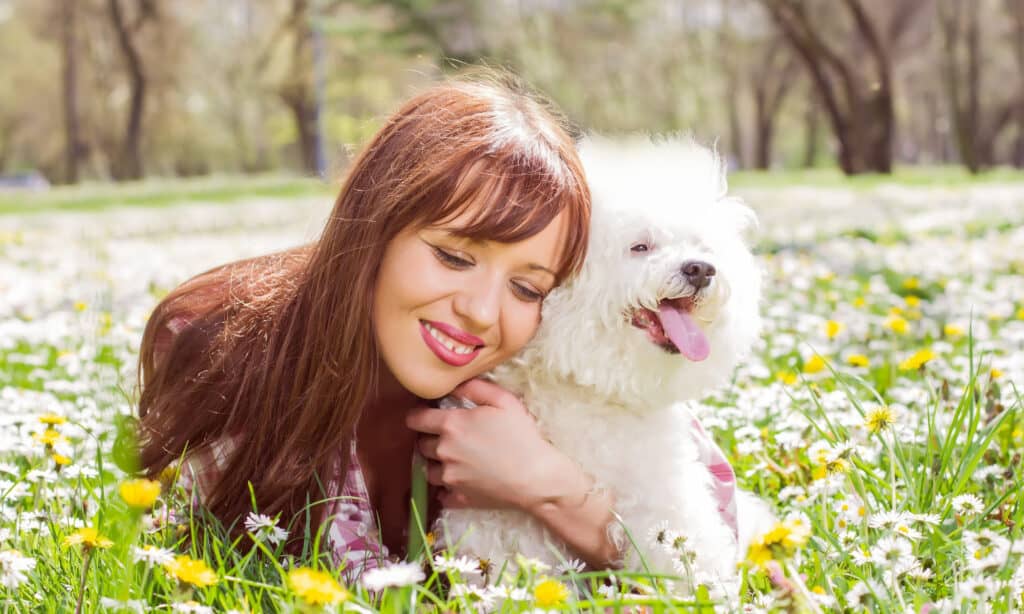
Safe Dog-Friendly Alternative to Cloves:
If you’re looking for a safe and dog-friendly alternative to cloves, there are several options to consider. Here are a few ideas:
- Parsley: Parsley freshens dog’s breath and reduces mouth bacteria.Add parsley to your dog’s food or offer as a healthy snack to freshen their breath.
- Cinnamon: Cinnamon can offer health benefits similar to cloves, but with less risk of irritation and inflammation. Just be sure to use it in moderation and avoid cinnamon essential oil, which can be toxic to dogs.
- Coconut oil: Coconut oil has antimicrobial properties and can help to promote healthy digestion and a shiny coat in dogs. You can add a small amount to your dog’s food or offer it as a treat.
- Mint: Like parsley, fresh mint can help to freshen your dog’s breath and promote healthy oral hygiene. You can add a few leaves to your dog’s food or offer them as a snack.
As always, it is important to introduce new foods and supplements gradually and to monitor your dog for any signs of adverse reactions. If you have any concerns about your dog’s diet or health, it is always best to consult with a veterinarian for personalized guidance and advice.
Healthy Store-Bought Options:
In conclusion, while cloves can provide potential health benefits for dogs, they should be used with caution and in moderation. Ingesting large amounts of cloves can cause irritation and inflammation in the digestive system, leading to discomfort and other health issues. Cloves can aid canine dental health when used under veterinary supervision.
If you are looking for a safe and dog-friendly alternative to cloves, there are several options to consider, such as parsley, cinnamon, coconut oil, and mint. By introducing these ingredients gradually and monitoring your dog’s response, you can help to promote their overall health and well-being.
As responsible dog owners, it is essential to be informed about the foods and supplements we give to our furry friends. By staying educated and working with a veterinarian, we can ensure that our dogs receive the best possible care and nutrition.
~Lindsie

